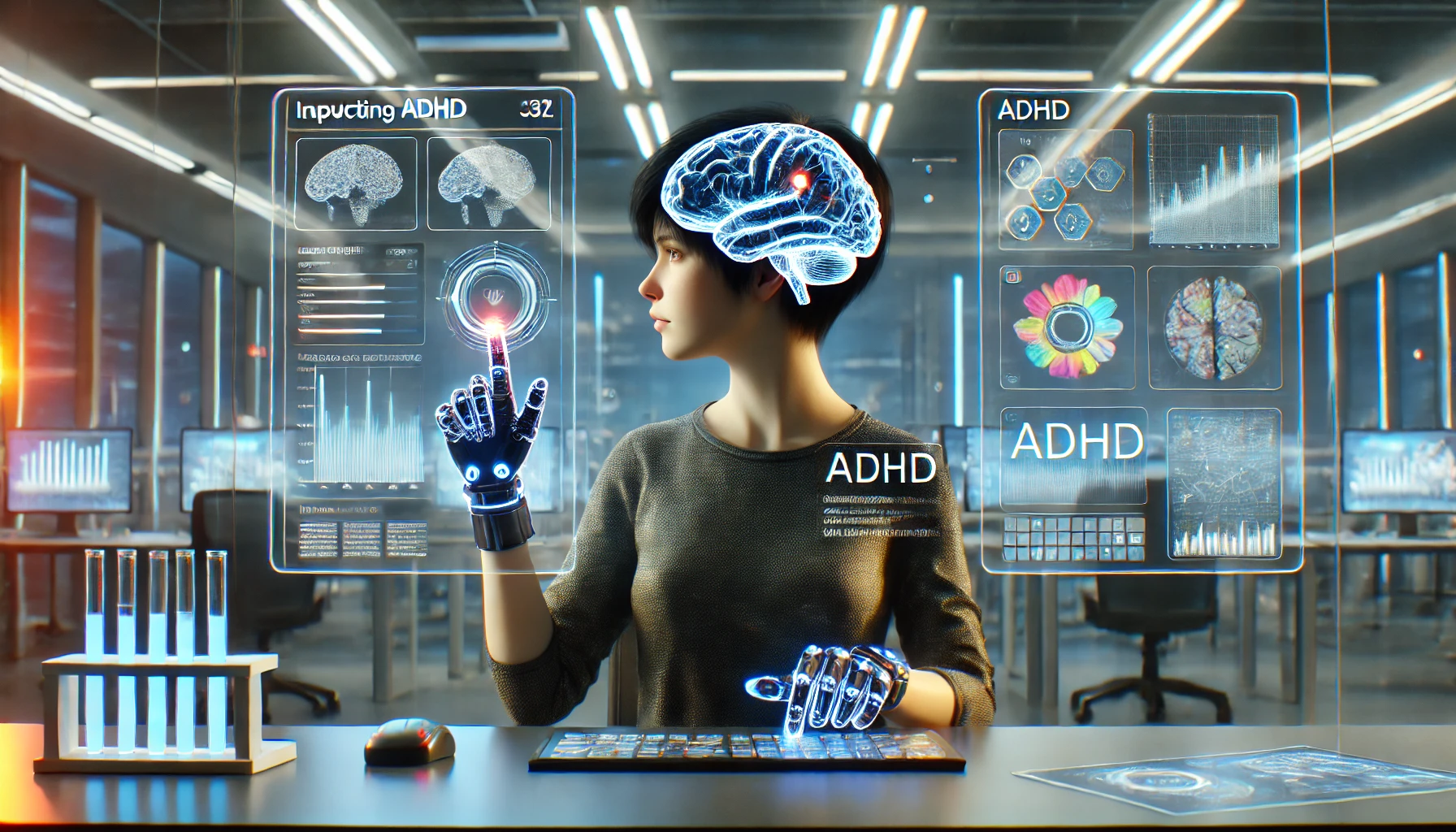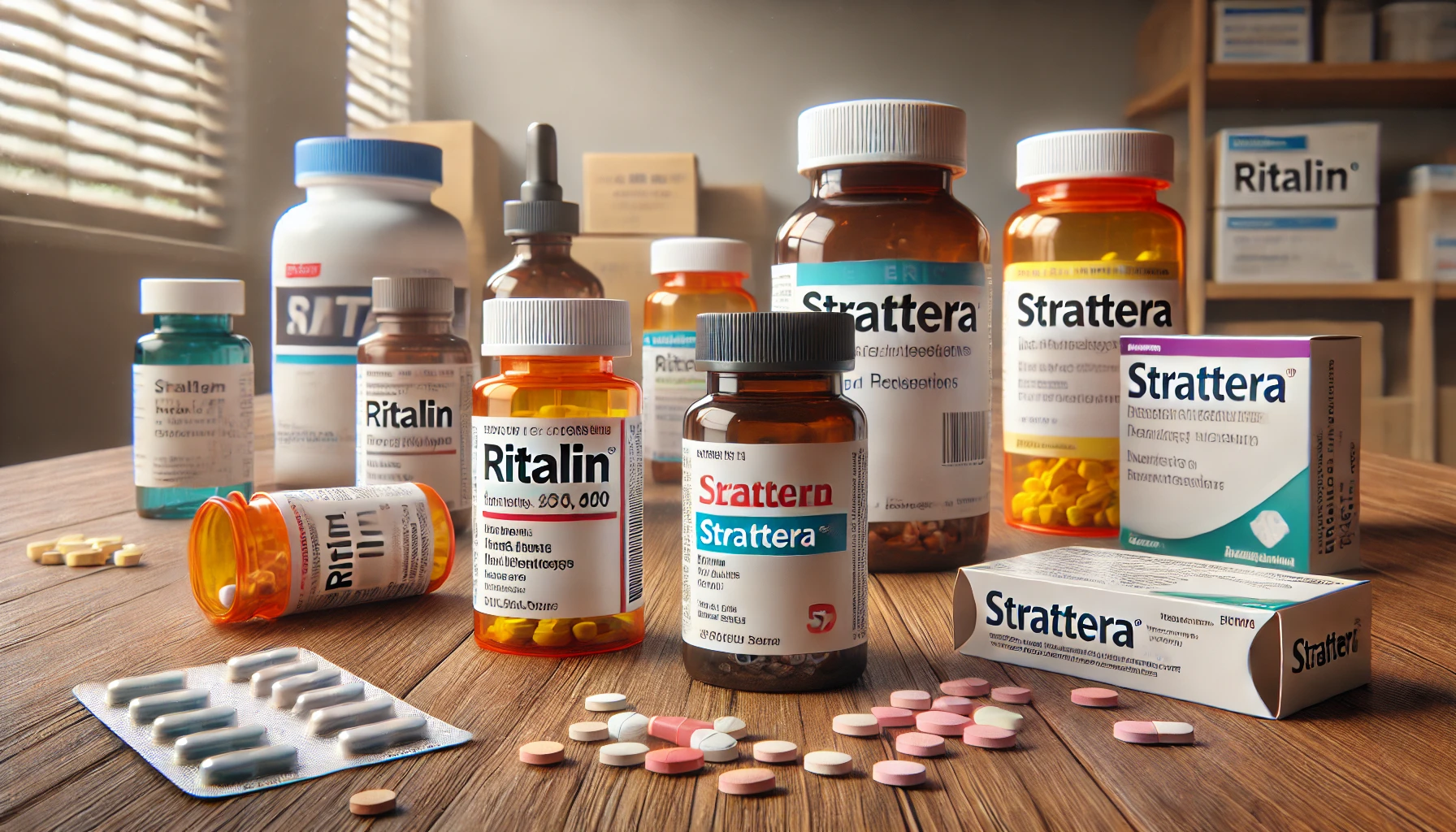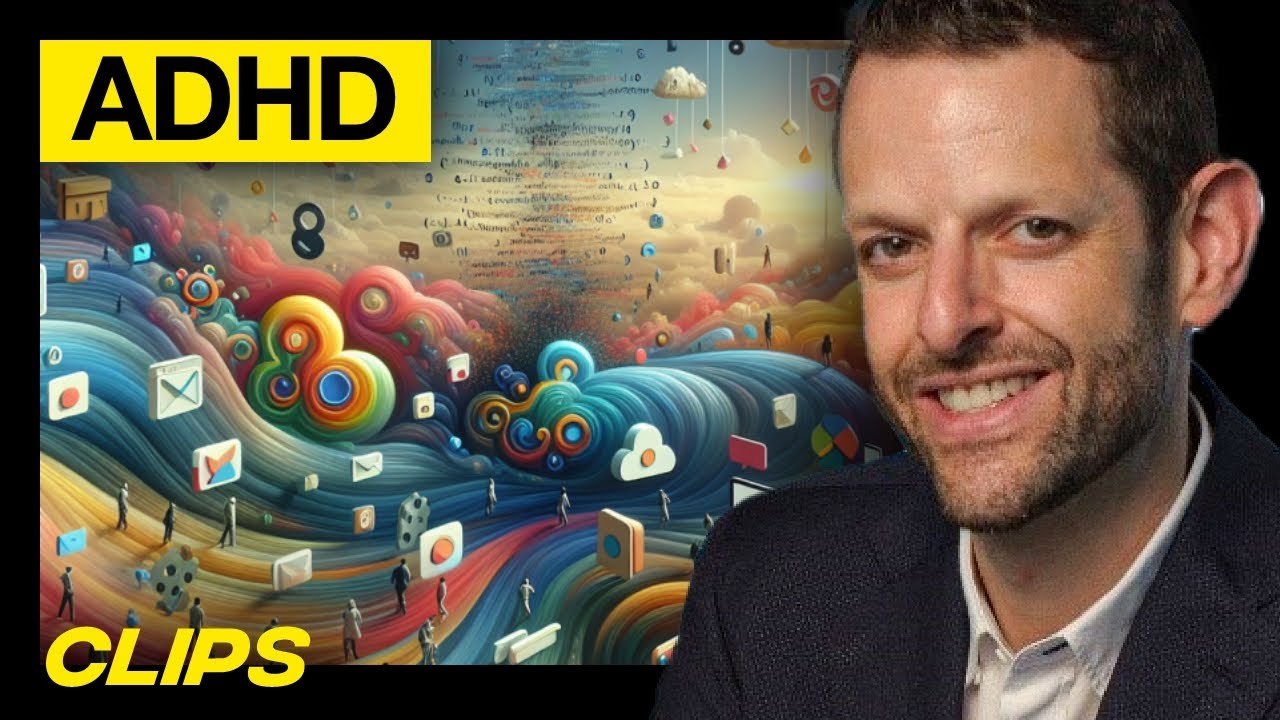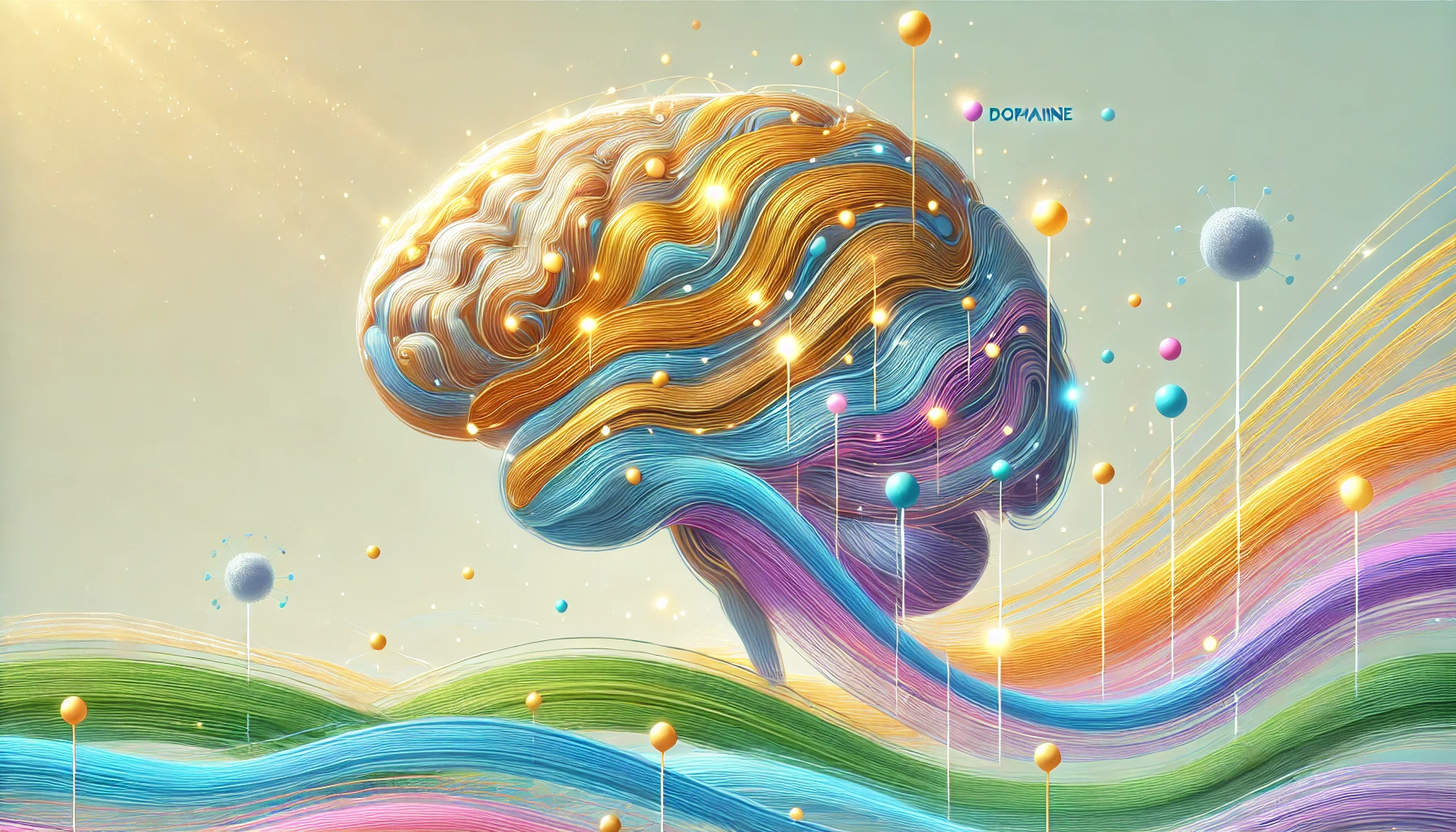
I remember the first time I really understood what ADHD feels like. It wasn't in medical school or during my residency. It was watching Mark, a brilliant 32-year-old software developer, try to explain to his wife why he couldn't just "get organized."

As a clinical psychologist specializing in adult ADHD for over 20 years, I've witnessed a paradoxical pattern that often surprises both patients and practitioners: the strong connection between ADHD and perfectionism.

UK scientists have developed a remarkable machine learning system that can detect ADHD by analyzing video recordings of individuals performing specific tasks. As someone who has conducted hundreds of ADHD assessments, I find this development fascinating - and potentially game-changing.

As a clinical psychologist specializing in attention disorders, I've witnessed countless patients grappling with more than just ADHD symptoms - they're often fighting an internal battle of harsh self-judgment.

Ritalin is a nervous system stimulant which has been commonly used in the management of ADHD symptoms. Its effectiveness can vary dramatically depending on individual factors – including comorbidity like anxiety.

Let's sit down with Jeff Karp, professor of medicine and co-director of Regenerative Therapeutics at Brigham and Women’s Hospital. We've got him on the couch, coffee cups in hand, ready to dive into what makes this guy tick.

In my years of practice, I've seen the landscape of ADHD treatment transform dramatically. Just last month, a patient who had struggled for decades found relief through a combination of new treatment approaches we'd never had available before.

When my patients talk about their emotions, they often describe it as being on a constant rollercoaster, I tell medical students during their training.